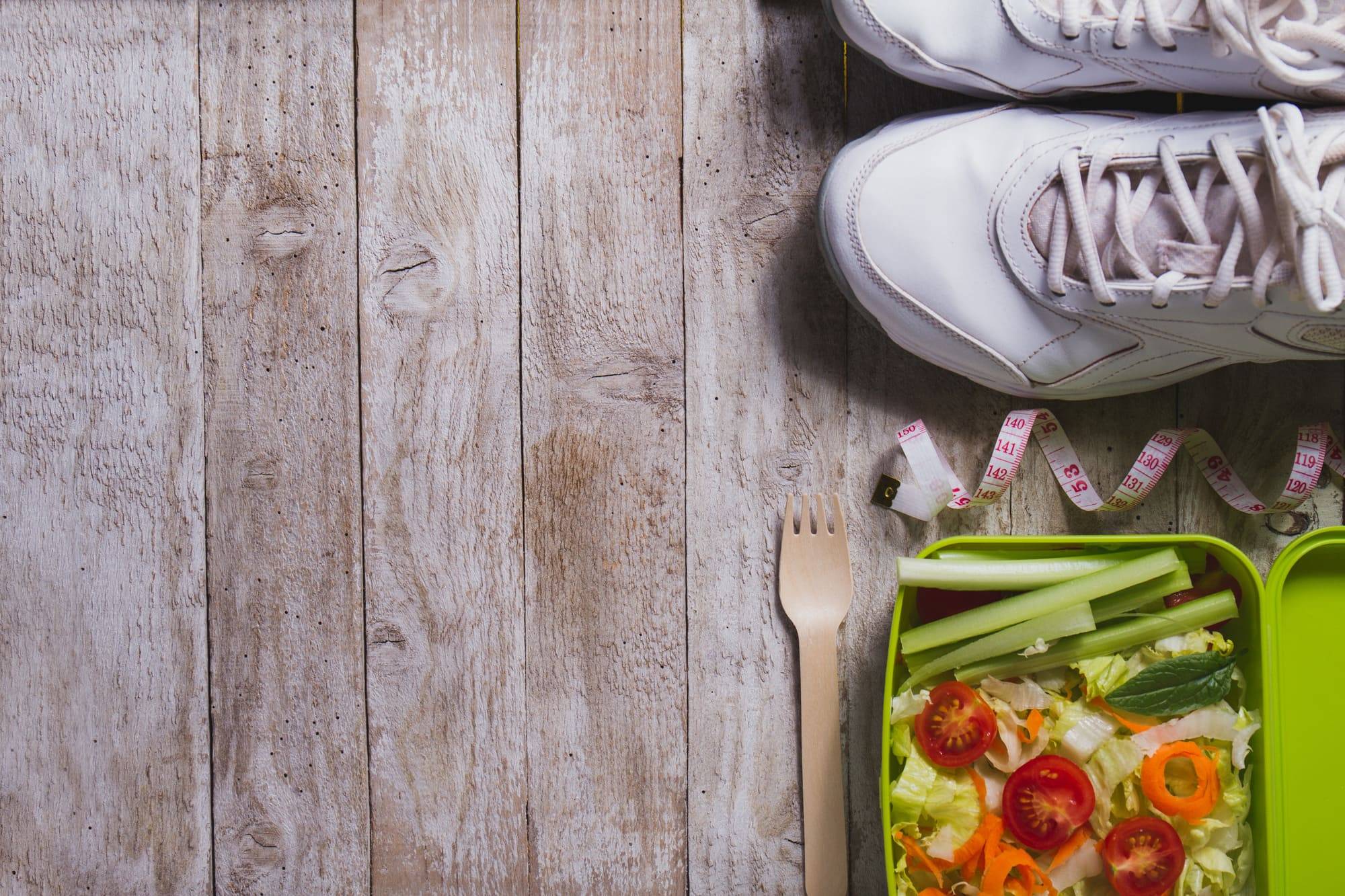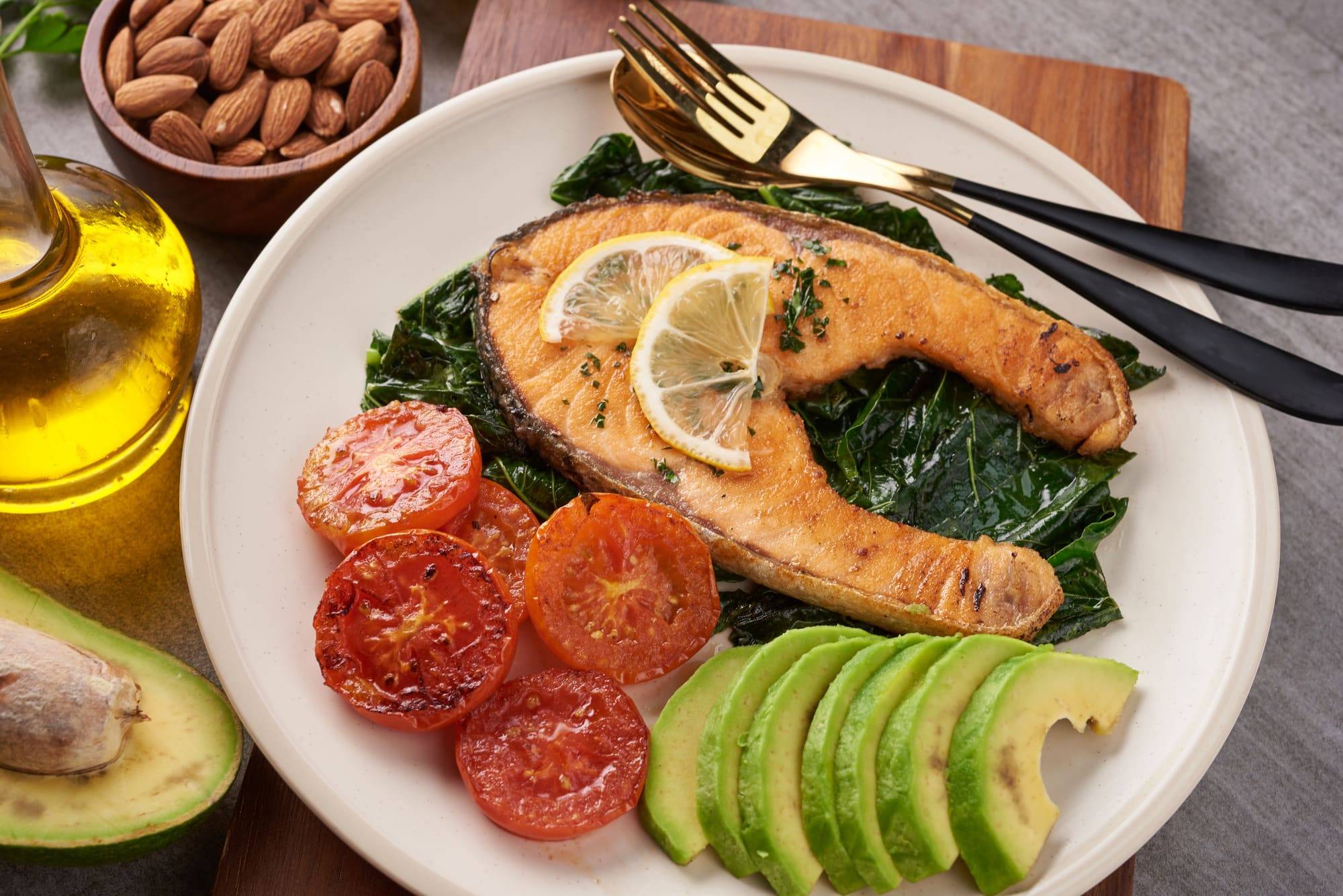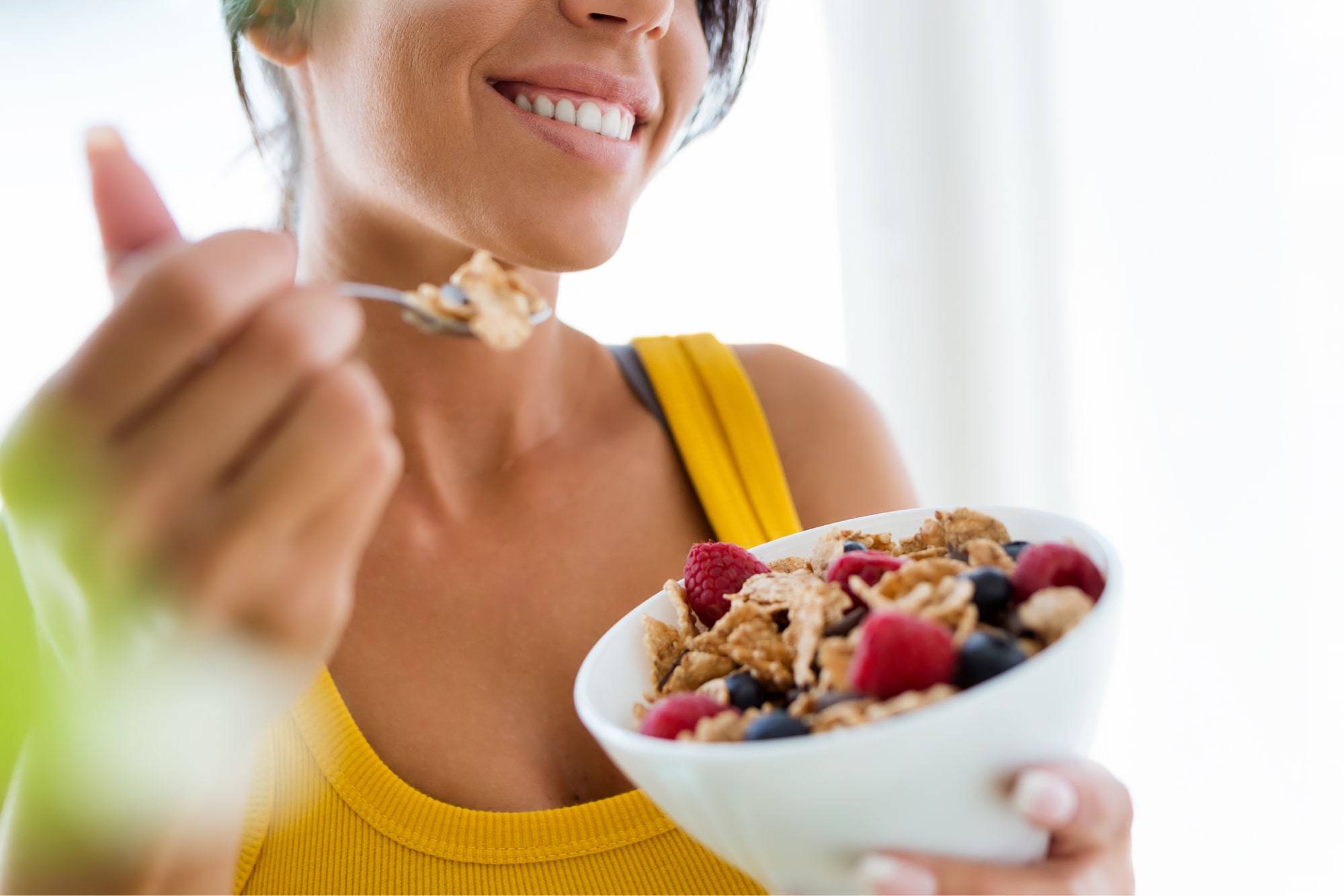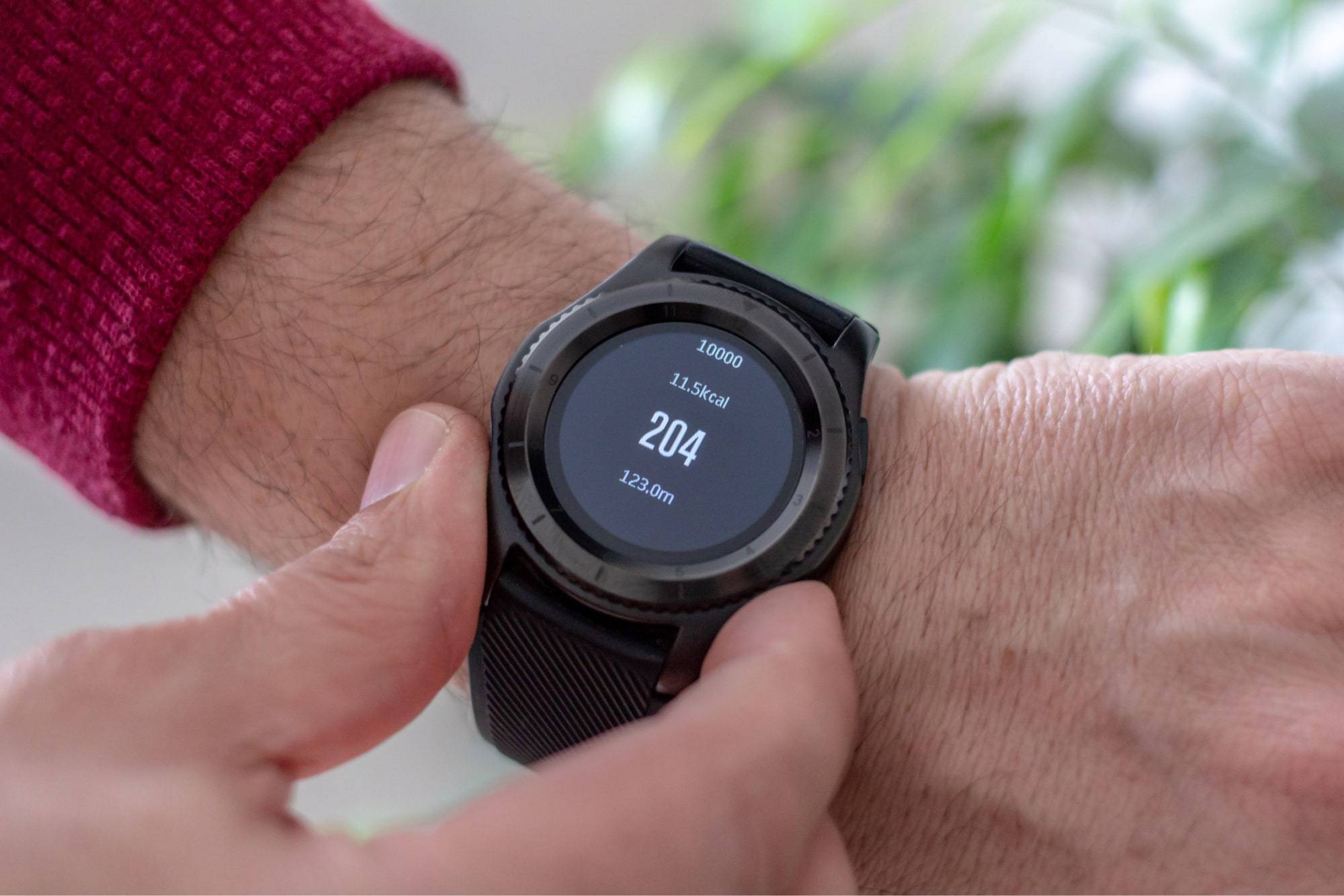Nutrition is essential for runners who care about wellness and endurance during their races. There are a lot of different articles and meal plans for those who use an omnivorous diet. But what to do if you are a vegan runner? Or what if you want to try a vegan endurance athlete diet? Are vegan and plant-based diets the same thing?
This article will help you understand all the main tips and advice on implementing a vegan or plant-based diet in your everyday life to improve your race performance and health.
Vegan and Plant Based: What Is the Difference?
Many confuse these diets and often think they are one and the same. But they are actually two very different eating styles.
What is a Vegan Diet?
A vegan diet excludes all animal-based foods. This list includes meat, fish, poultry, and other animal products, like eggs and dairy. Vegans also exclude ingredients derived from animal sources, like gelatin, collagen, and honey.
They eat beans instead of meat to get protein, maple syrup instead of honey, and choose plant-based foods as the main source of nourishment. Many vegans apply their beliefs deeper and exclude all animal-related items in their everyday life, like leather clothes or accessories and fur goods.
What Is a Plant-Based Runners Diet?
Some vegans call themselves plant-based eaters, but it is wrong.
On a plant-based diet, you don’t need to exclude animal products. Yes, plants are the base of this eating style, but it is a very flexible diet – you can leave all your favorite foods in your diet. You just need to reduce their consumption.
Do you remember this famous Michael Pollan quote: “Eat food. Not too much. Mostly plants.” By the way, we recommend you read some of his books if you haven’t read them.
Animal-based foods play a minor part in this diet. You can eat dairy foods and avoid red meat, or eat seafood and avoid eggs. It all depends on your preferences. That is why plant-based diets are so popular.
If you have chosen this diet, perhaps, the percentage of animal foods in your ration is not higher than 10-15%. If you eat more, you may call yourself a “plant-forward” or “semi-plant-based” person.
Benefits of a Vegan and Plant-Based Athlete Diet:
Here, we will list all benefits of plant-based and vegan nutrition in general. Thus, you can choose what type of nutrition suits you more if you are still undecided.
- Let’s start by debunking the widespread belief that a vegan diet can harm – it is quite the opposite. According to this research, a vegan diet can increase performance, and vegan athletes may have slightly better endurance than their omnivorous counterparts by some measures.
- According to this research, vegans have lower oxidative stress and inflammation levels than omnivorous people.
- This study shows that the macro- and micronutrient composition of vegan and vegetarian diets imply potentially advantageous properties for endurance performance compared to an omnivorous diet. Vegan and vegetarian diets possess potentially beneficial properties for the gut microbiome and might influence those mechanisms that may affect long-term exercise performance.
- Plant-based nutrition increases insulin sensitivity. This research also proves that fact.
- According to this review, a plant-based diet can help you to lose weight, speed up your metabolism, and reduce systemic inflammation.
- This study argues that plant-based diets support athletic performance through both aerobic and anaerobic exercise.
Main Tips to Follow
If you are sticking to a vegan diet, you should consider these factors:
Eat Enough Calories
Did you know that the symptoms and measures of overtraining and undereating are 90% the same? And sometimes you can feel bad only because you don’t eat enough. To avoid such symptoms, you should eat as much as your daily calorie intake requires.
According to the American Council on Exercise, a runner weighing 63 kg burns 13.2 calories per minute. The 2015 to 2020 edition of the Dietary Guidelines for Americans says that active men should consume up to 3000 calories a day and women up to 2400 calories a day.
How many calories do you consume per day? Ensure you are not undereating, as it can cause issues not only with your sports endurance but health problems.
Stay Hydrated
The same thing is true with hydration. The U.S. National Academies of Sciences, Engineering, and Medicine determined that an adequate daily fluid intake is about 15.5 cups (3.7 liters) for men and 11.5 cups (2.7 liters) for women per day. Make sure you drink enough water.
Use Supplements
It is not required, but it is essential to add supplements to vegan sports nutrition. According to research, a vegan diet is linked with significantly low intakes of different vitamins and minerals. So, you should consult your doctor and add the following supplements if they are low:
- Iron. Plant-based diets contain iron, but iron in plants has a lower bioavailability than iron in meat. It is essential in transporting oxygen around the body and producing energy, crucially important for runners.
- Creatine. As mentioned in this review, creatine may become a helpful supplement in a vegan diet.
- Vitamin D is essential for athletic performance and mood.
- Vitamin B12. It is needed for blood formation and cell division. Vitamin B12 deficiency is a severe problem and can lead to macrocytic anemia and irreversible nerve damage. You cannot get it from plants.
- Calcium. If you do not eat dairy products, you should eat cabbage, cereals, milk alternatives, nuts, and legumes – they contain calcium. But its level may stay low, so you should consume calcium from supplements.
Remember! You should intake your supplements only after you eat your food!
Eat the Rainbow
You should control the consumption of all macronutrients and vitamins you need – the more multicolored your plate is, the more you get. If you don’t control it, you risk losing your performance and harming your health, especially raw vegan runners.
According to these recommendations, you should eat five or six small meals per day that include a variety of fruits, vegetables, whole grains, and plenty of water. Choose heart-healthy fat sources, like olive oil, almonds, walnuts, avocados, and canola oil.
Consume Anti-Inflammatory Foods
All is simple here – you should add foods that will help you to reduce or even get rid of inflammation. According to the Harvard School of Public Health, this includes green leafy and dark yellow vegetables, whole grains, fruit, tea, and coffee. Remember that potatoes, tomatoes, and citrus fruits are not included in this list. But lemons are still good.
Each plant-based runner should avoid or strictly limit refined foods, fast food, trans fats, hydrogenated oils, dairy, meat, poultry, and processed sweets – all these products cause inflammation, which we want to avoid to stay resilient and healthy.
Eat Enough Protein
Protein for vegetarian, plant-based, and vegan diets is very important. The American College of Sports Medicine recommends that the average individual consume 0.8 grams of protein per kilogram or 0.35 grams per pound of body weight per day for general health. The International Society of Sports Nutrition says that a protein intake of 1.4 – 2.0 g/kg/day for physically active individuals is not only safe but may improve adaptations to exercise training. The Academy of Nutrition and Dietetics says that vegetarian athletes should include a quality source of high-protein vegetarian foods with meals and snacks.
How to get protein as a vegan? The list of good vegan and vegetarian proteins includes nuts, cabbage, legumes, seeds, tofu, and soybeans. Make sure you eat enough of these products.
Carbs are Essential
According to this research, high-carb diets might benefit runners’ endurance by producing more glycogen, a form of carbohydrate energy, available to muscles.
The Academy of Nutrition and Dietetics says that half your calories each day should come from quality carbohydrates, which fuel your muscles. The best vegan carbs are starchy vegetables like sweet potatoes, potatoes, and squashes; whole grains like brown rice, oats, and quinoa; fruits like banana, dates, figs, berries, apples, and oranges; legumes like chickpeas, black beans; kidney beans, and lentils. If you add all these products, you won’t need to ask Google what to eat for fueling the vegan athlete.
Time Your Meal and Snack Correctly
As mentioned earlier, you should divide your meals into 5 – 6 per day. Before you do this, you should remember how to plan them correctly:
- If you run for more than 1 hour, you can take some snacks with you and eat them while you train. If you run less than an hour, don’t eat while you run:
- Your main recovery window is 30 mins after a run, don’t miss it. Try to eat a snack of carbs and protein within that time frame. But don’t overdo it – many runners take this period as a reward and try to eat forbidden food. It is a huge mistake.
What Does a Plant-Based Meal Plan for Athletes Look Like?
Based on the tips in this article, you can create your meal plan using your favorite foods and paying attention to your workouts and lifestyle. We created a simple 3-day plan which you can use as an example:
| Meal | Day 1 | Day 2 | Day 3 |
| Pre-Run Snack (the snack time depends on the time you run) | Banana with 1 tbsp. of peanut butter, water | Trail mix (dried fruit, nuts, seeds, and cereal) | Rice cakes with peanut butter |
| Breakfast | Overnight oats with almond milk, seeds, protein powder or nuts, berries, and spices | Coconut milk yogurt with sliced bananas and peaches, granola or muesli | Smoothie made with banana, spinach, strawberries, pineapple, seeds, almond milk, and rice protein powder |
| Lunch | Hummus with whole-grain crackers, and veggies (carrots, cucumbers or celery) | Coconut milk yogurt with sliced fruits (bananas and peaches) granola/muesli | Whole-grain bread with avocado, grilled tofu, Brussels sprouts, and sliced tomatoes. Pear for the dessert. |
| Snack | Low-sugar granola with yogurt and berries | Apple with almond butter | Baked sweet potato with almond butter |
| Dinner | Grilled tofu with cauliflower rice, add some baked sweet potato. Spinach salad | Spiced lentil soup with rice, onions, and greens and Greek salad | Black bean burrito with brown rice and veggies (peppers, lettuce, onions, tomatoes, corn, etc.) and vegan or regular cheese |
| Snack | Banana with almond butter | Dark chocolate and fruit | Your favorite berries and nuts (blackberries and almonds, for example) |
Wrap Up
If you are looking for a vegan meal plan for athletes, you can use this article. Follow the tips and create a meal plan that will suit all your needs. If you have any suggestions to add, please write them in the comments.






